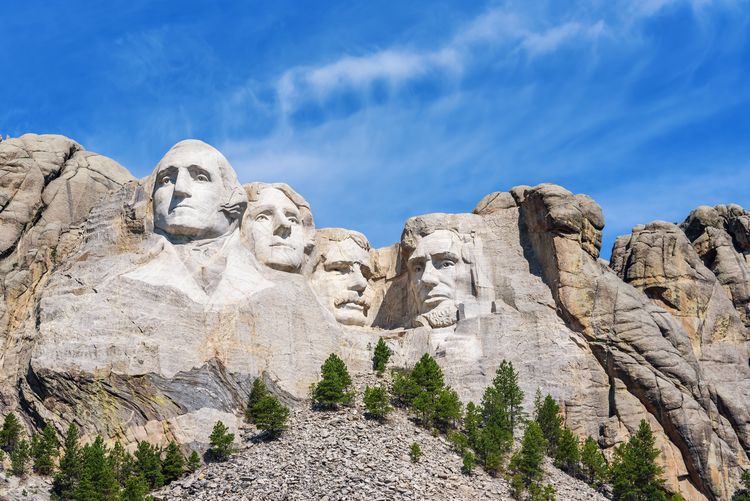States Without Income Tax Are Becoming Very Appealing
States that have no income tax? It’s a lure that has many a person dragging the old suitcase down from the attic, packing up, and moving out. But before you cancel your cable and electric, and head out the door for good, you might want to consider the following specifics of tax-free bliss in these states. As the saying goes, things aren’t always what they seem.

Alaska
No state income tax. No state sales tax. According to the nonprofit Tax Foundation, Alaska has the lowest overall tax burden in the United States. In addition, Alaskans receive an annual payment from the Alaska Permanent Fund Corporation as a share of the state’s natural resources; in 2021, that payment totaled $1,114 per person. What’s not to like here? According to the Missouri Economic Research and Information Center, Alaska is the sixth most unaffordable state to call home, owing to high costs of food, housing, health care, and energy.

Tennessee & Texas
Tennessee has the third-lowest state and local tax burden in the U.S., but it has found other means of generating state government revenue. Residents pay a staggering 7% state sales tax, the second-highest in the country, as well as an average local sales tax rate of 2.55%. The state also leads the nation with a $1.29-per-gallon beer excise tax.
Unless the state’s constitution is amended, there never will be a personal income tax, corporate income tax, or retirement income tax in Texas. Sales and property taxes? That’s a horse of a different color. Shoppers pay an average of 8.20% in local and state sales taxes, and Texas can claim the sixth-highest property taxes in America.

New Hampshire & South Dakota
New Hampshire doesn’t tax wages and boasts that it has no state or local sales tax.
And its 5% tax on income from dividends and interest? That, too, is on its way out and will be reduced by one percentage point every year until it’s completely phased out in 2027. Property taxes, however, are the third-highest in the nation.
Income taxes, as well as inheritance and estate taxes, are all nonexistent in North Dakota, and South Dakotans are no doubt pleased to pay the fourth-lowest state and local tax burden in the country. But you can expect to pay substantial taxes on alcohol, tobacco, and property. And if you like online shopping, you’ll also find yourself paying a sales tax enforced by online web retailers.

Florida & Nevada
Florida claims the 11th-lowest tax burden in the nation, but the state government recoups much of its lost revenue through a hefty sales tax of 6%. When combined with other taxes such as city, county, and local tariffs, the total sales tax can skyrocket to 8%.
Nevada doesn’t have personal income, and also says ‘no thanks’ to corporate, income, or inheritance taxes. What’s more, its property taxes rank among the lowest in the U.S.
But the Silver State makes up the difference by imposing the seventh-highest state sales tax in the nation, as well as the sixth-highest gasoline tax. Nevada also imposes substantial “sin taxes” on tobacco, gambling, and alcohol.

Washington & Wyoming
You’ll not be subject to personal or corporate income taxes in Washington, but you can expect a 7% tax on the capital gains of high earners. In March of 2022, however, a county court ruled the capital gains excise tax unconstitutional; the ruling is being appealed. In Washington, you’ll be subject to the nation’s fourth-highest sales tax, when average local taxes are taken into account, and a substantial levy on gas. And there’s another tax that might be hard to swallow: Distilled spirits are taxed at a rate of $35.31 per gallon, far more than any other state in the country.
In Wyoming, you’ll find no personal, corporate, or retirement income taxes. And, surprisingly, there are no other substantial taxes in place as a means of compensating for lost revenue. The state has the second-lowest state and local tax burden in the country at 7.5%. Even its sales tax, at just 5.22%, is lower than the majority of other states. Property taxes, too, are among the lowest in the nation. Why wouldn’t you want to go to Wyoming?
